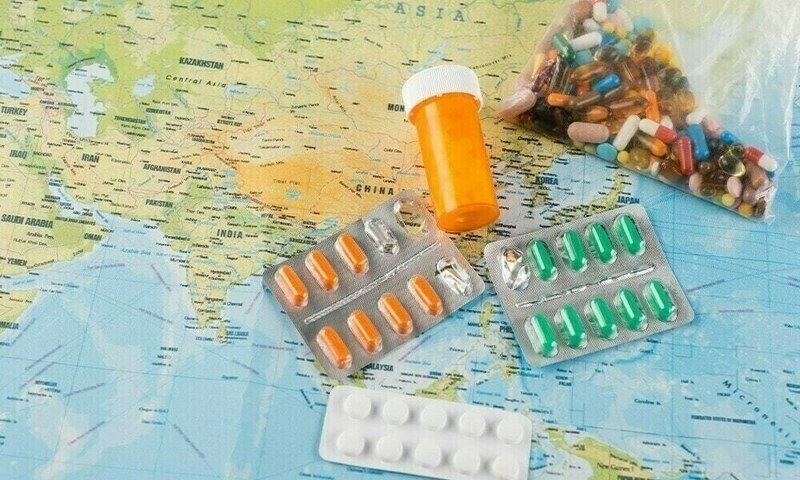KARACHI: Medicine prices in Pakistan have entered into a “stabilisation phase” this year after recording a one-time jump of 21.6% in 2024.
“The latest trend suggests the medicine prices have started stabilising in the wake of competition in the pharmaceutical industry instead rising continuously,” Pakistan Pharmaceutical Manufacturers’ Association (PPMA) chairman Tauqeer Ul Haq said while talking to Business Recorder.
Quoting IQVIA, a global provider of advanced analytics, he said that the growth in medicine prices has slowed down to 18% in 12 months ending June 30, 2025, compared to 21.6% witnessed in the full calendar year 2024.
Non-essential drugs: Medicines widely available after deregulation
Rising competition among pharmaceutical companies over pricing and product quality, a slowdown in inflation reading, and return of stability in rupee-dollar exchange rate helped controlling the previously escalating medicine prices in the ongoing year 2025 to date, he added.
The price-hike slowed down to 15% alone in second quarter (Apr-Jun) of 2025, compared to 17% recorded in first quarter of the ongoing year, according to Haq.
“The quarter-on-quarter trend also suggests the pace of growth in pharmaceutical prices is getting normalised.
“The growing competition in the pharmaceutical industry has benefited patients, allowing them to access medicines at affordable prices,” PPMA chairman maintained.
The pace of growth in medicine prices is expected to stabilise at somewhere around 12-15%, he envisaged.
“The medicine prices were increasing at the same growth rate of 12-15% before the government deregulated non-essential medicine pricing in February 2024 and approved a one-time significant increase in prices of some of medicines under the hardship cases.”
The upward adjustment in medicine prices was overdue for the past three years. Pharmaceutical firms had suspended production of hundreds of medicines after their cost of production had gone above their retail prices, Tauqeer Ul Haq said.
PPMA chairman said the deregulation and increase in medicine prices enabled the local pharmaceutical industry to resume production of many important medicines including for cancer, blood pressure, and cardiology.
Meanwhile, a former PPMA chairman said the gross profit margins have dropped by 10-15% of the pharmaceutical industry due to continuous increase in cost of production.
“The moderate increase in inflation reading, surge in energy prices, and devaluation in rupee had continued to push the cost of production in the industry,” he said. “Electricity bills have emerged as the second biggest cost component in production. It used to be fifth or sixth expensive component in the past.”
The two industry officials were of the opinion that the increase in medicine prices through policy decisions and the subsequent stabilisation allowed pharma firms to adjust inflation in their medicine prices, make new investments to expand production lines, increase access to medicines to the required higher level.
They further maintained that the deregulation policy allowed foreign pharma firms to prolong their stay in the country instead of considering quitting the market.
The pharmaceutical companies, including the foreign ones, are expected to make new investments that would help produce vaccines locally and manufacture medicines’ raw material (APIs/active pharmaceutical ingredients) in Pakistan. The developments would help reduce import bills, create import substitution, and increase self-reliance in the sector, according to the officials.
Copyright Business Recorder, 2025
